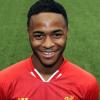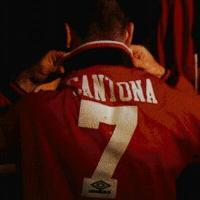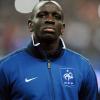Some interesting quotes
On a small, dusty pitch in the estate, Ibrahimovic and his friends tried outrageous tricks and flicks, spins and shots. The lack of space meant you had to be quick with your head and your feet. Zlatan quickly found his calling.
"When we played football in Rosengard, it was all about putting the ball between people's legs, doing different things," he adds. "After every trick people were like 'oohhh' 'eeeyy'. It was all about who had the hardest shots, the best trick, the craziest move. I loved it."
"For me to succeed as a footballer was difficult because of my background," he explains. "But I was difficult too. At one training session I head-butted my team-mate. If I could put myself in that moment today I would say to myself 'don't ever do that', but I was an angry young man.
"The player got a letter from his parents and asked people to sign it to kick me out of the club. I did many stupid things, I made many mistakes, but I learnt from everything. I still make mistakes, I still learn from them. Nobody is perfect. I had a lot of walls to break through to get here."
"Who thought the guy from Rosengard would be the captain of the Swedish national team? Who thought the guy from Rosengard would break the goal records? I was never considered one of the big talents, never."









Recommended Posts
Currently reading his bio, some joke shit in it. Would reccommend.
Link to comment
Share on other sites
Sinister
Wrong thread - delete
Link to comment
Share on other sites
Kuffir
was a wicked read
Link to comment
Share on other sites
Anderson
Whos got a pdf link?
Is this the same as the one that was out about a year or two ago?
Link to comment
Share on other sites
Kuffir
ye
Link to comment
Share on other sites
Posted